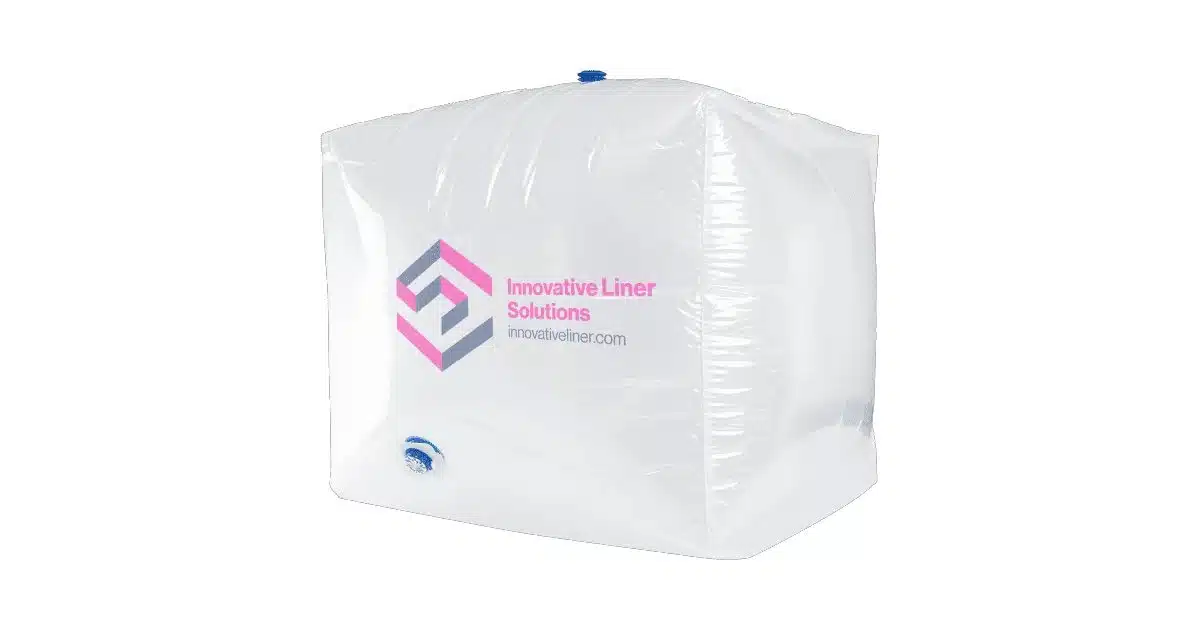Choosing the right packaging for food products is one of the most critical decisions for manufacturers in the food and beverage industry. The ideal solution must protect product quality, ensure food safety, and support efficient transport and storage. For liquid foods in particular, packaging must also prevent leaks, contamination, and spoilage—all while maintaining compliance with regulatory standards.
Among the many available options, IBC Packaging for Food has become the leading choice for businesses that require clean, efficient, and cost-effective bulk transport. With the addition of food-grade IBC liners, these containers offer a safe and hygienic way to move liquid foods such as dairy ingredients, edible oils, juices, and syrups.
So, what makes IBCs the best bulk packaging solution for food products? Let’s explore their benefits, applications, and why they outperform traditional containers.
The Importance of Proper Bulk Liquid Packaging
The food and beverage supply chain depends on packaging systems that preserve freshness and maintain sanitation through every stage of production and delivery. Liquids like milk, cream, juice, and oil can easily spoil or become contaminated if exposed to air, moisture, or bacteria.
For this reason, manufacturers rely on packaging that not only protects the product but also minimizes manual handling and the potential for contamination. This is where food & beverage bulk container liners play an essential role—they create a sterile barrier between the product and the container, ensuring the liquid remains pure and safe from start to finish.
Why IBC Packaging Is Ideal for Food Products
Intermediate Bulk Containers (IBCs) are designed for the transport and storage of liquids, semi-liquids, and other bulk materials. When paired with liners, IBCs provide a complete system that addresses the specific needs of the food industry: cleanliness, durability, and cost efficiency.
IBC Packaging for Beverage and IBC Packaging for Food applications deliver a range of benefits that make them the preferred choice across multiple sectors.
1. Superior Hygiene and Food Safety
The most important advantage of IBC liners is their ability to maintain hygienic conditions. Unlike reusable containers that require frequent washing, food contact safe IBC liners provide a sterile, single-use barrier that eliminates the need for cleaning between uses.
These liners are made from FDA-approved materials that comply with FDA-Compliant Bulk Liquid Packaging regulations. They prevent bacterial growth and cross-contamination, ensuring that food products remain untainted by residues from previous batches or external contaminants.
2. Reduced Labor and Maintenance Costs
Traditional packaging options, such as drums or stainless-steel tanks, require extensive cleaning, sanitization, and inspection between uses. This process is labor-intensive and increases operating costs.
With IBC liners, there’s no need for washing or chemical sterilization. Once the liner has been used, it can simply be replaced with a new one. This saves time, reduces labor costs, and minimizes the use of cleaning chemicals, which is better for both operational efficiency and the environment.
3. Efficient Space Utilization
IBCs are cube-shaped, which allows for more efficient use of space during transport and storage compared to cylindrical drums or smaller containers. They can be easily stacked and moved, helping reduce shipping costs and warehouse storage requirements.
In addition, empty liners take up minimal space, allowing companies to store or transport replacement liners without adding bulk.
4. Product Compatibility and Versatility
Not all food products behave the same under transport conditions, and this is where the flexibility of IBC liners stands out. They can be customized for different liquid viscosities, temperature sensitivities, and chemical properties.
For example:
-
IBC liners for dairy products maintain the sterility and temperature control required for milk, whey, or cream.
-
Bulk edible oil container liners prevent oxidation and preserve the flavor and quality of oils.
-
IBC Liners for Juice & Concentrates protect products from oxygen and moisture, maintaining color, aroma, and nutritional value.
No matter the type of liquid, there’s an IBC liner designed to handle it safely and efficiently.
5. Enhanced Sustainability
Sustainability has become a top priority in modern packaging. IBC liners offer an environmentally friendly alternative to single-use drums or non-recyclable containers. The outer IBC containers can be reused many times, while the liners themselves are often recyclable depending on local facilities.
Because liners eliminate the need for frequent washing, they also reduce water and chemical waste, helping manufacturers meet sustainability goals without compromising hygiene or safety.
6. Extended Shelf Life
Food-grade IBC liners are often made with multi-layer barrier films that protect against oxygen, moisture, and UV exposure. This design extends the shelf life of perishable food products and maintains their flavor and quality over long-distance transport.
This is especially valuable for products such as juice concentrates, syrups, and oils, which can degrade quickly if exposed to air or light.
Comparing IBC Liners to Traditional Containers
Traditional bulk containers—like drums, totes, or tanks—may still be used in some operations, but they often come with significant drawbacks. Drums are difficult to clean and inefficient for large-scale transport. Tanks require regular sanitization and take up more space.
IBCs with liners, on the other hand, combine the best of both worlds: the durability and reusability of the outer shell with the cleanliness and convenience of a single-use liner. This system minimizes contamination risks, improves handling efficiency, and reduces downtime between shipments.
Applications Across the Food and Beverage Industry
The versatility of IBC systems allows them to be used across multiple segments of the food and beverage market. Common applications include:
-
Dairy and milk-based products
-
Edible oils and fats
-
Juices, purees, and concentrates
-
Sauces, syrups, and flavorings
-
Liquid sweeteners and extracts
Each application benefits from the same consistent qualities: safe handling, reduced waste, and improved product protection.
Learning More About IBC Packaging Options
For companies exploring bulk packaging options for food products, it’s important to understand how different liners and materials perform under various conditions. The Complete Guide To Food & Beverage IBC Packaging Solutions offers detailed insights into liner design, regulatory compliance, and the advantages of IBC systems across the food industry.
This guide provides valuable information for manufacturers seeking efficient and compliant liquid food packaging solutions that fit their operational needs.
Why Choose Innovative Liner Solutions
Innovative Liner Solutions is a trusted provider of food & beverage bulk container liners that meet the highest standards for hygiene, performance, and compliance. Their liners are engineered for safety and efficiency across a variety of liquid food products, from dairy and oils to concentrates and syrups.
With expertise in FDA-Compliant Bulk Liquid Packaging, Innovative Liner Solutions delivers products that ensure consistent quality and streamline every stage of food transport.
Contact Innovative Liner Solutions
When selecting the best packaging for your liquid food products, reliability and safety are non-negotiable. Innovative Liner Solutions provides durable, hygienic, and efficient IBC liners that make bulk transport simpler and safer.
To learn more about the right liner options for your products, call (815) 963-9525.


